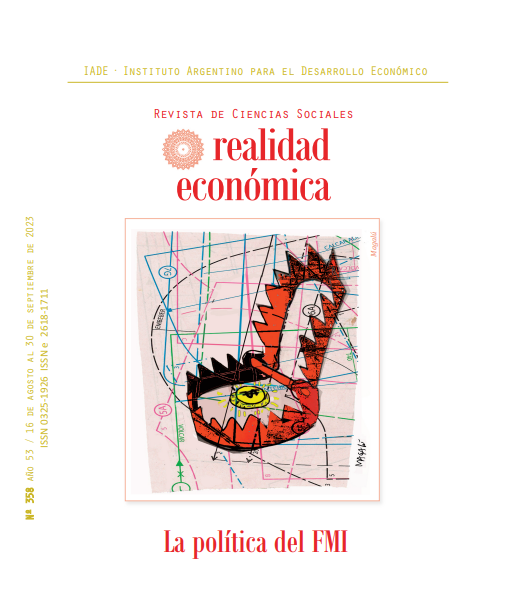"Ecoocreativity" as a Post-Neoliberal Political-Economic Alternative in Latin America
Keywords:
Cooperativism, Creativity, Democracy, Ecology, Economy, Ecoocreativity, Future, Imaginary, Neoliberalism, PoliticsAbstract
From the political-economic perspective of ecoocreativity (ecology, cooperativism, and creativity), a theory is proposed that advocates for the deliberate political abandonment of economicist criteria, which originated in Anglo-Saxon traditions and were institutionalized by the New Public Management (NPM) and the guidelines of the Washington Consensus. These economicist criteria are still prevalent in international institutions with neoliberal orientations such as the International Monetary Fund (IMF), the General Agreement on Tariffs and Trade (GATT), and the World Trade Organization (WTO). From this theoretical standpoint, the political abandonment of these criteria is considered a necessary condition for two reasons. Firstly, to enable social experimentation and foster the creation of a new ecological class (ecoocreative), which would establish the parameters of a new post-neoliberal imaginary. The second reason is to avoid both the repetition of the "more of the same" hegemonic economicism in global geopolitics, which leads to anticipated failure in Latin America, and the "ecofascist" perspectives, which are part of a substantive democratic degradation.
According to these ideological arguments, the State is just another private enterprise, with a different agenda of priorities and needs compared to different objectives and missions. Therefore, interpreting the imperative need for democratic changes in Latin America (Colombia, Brazil, Chile, Bolivia, Argentina) and avoiding inadequate attitudes (prophetic or salvific), we propose twelve post-neoliberal perspectives for the debate on the horizons of what is possible. This contribution aims to assist in the democratic-radical, utopian, and concrete discussion already underway, offering ecoocreative alternatives. The purpose is to expand the possibilities of heuristic thinking and lay the foundations for the conditions of a political praxis with a collective experimental horizon centered on the broadening of the commons, responding to the geopolitical challenges of the necessary ecological transition in the current political context of Latin American countries.
Downloads
Published
Issue
Section
License
La responsabilidad de los artículos firmados recae de manera exclusiva sobre sus autores y su contenido no refleja, necesariamente, el criterio de la dirección ni de la entidad editora.
Los artículos pueden ser libremente reproducidos con sólo acreditar a Realidad Económica como fuente de origen, salvo indicación en contrario.






